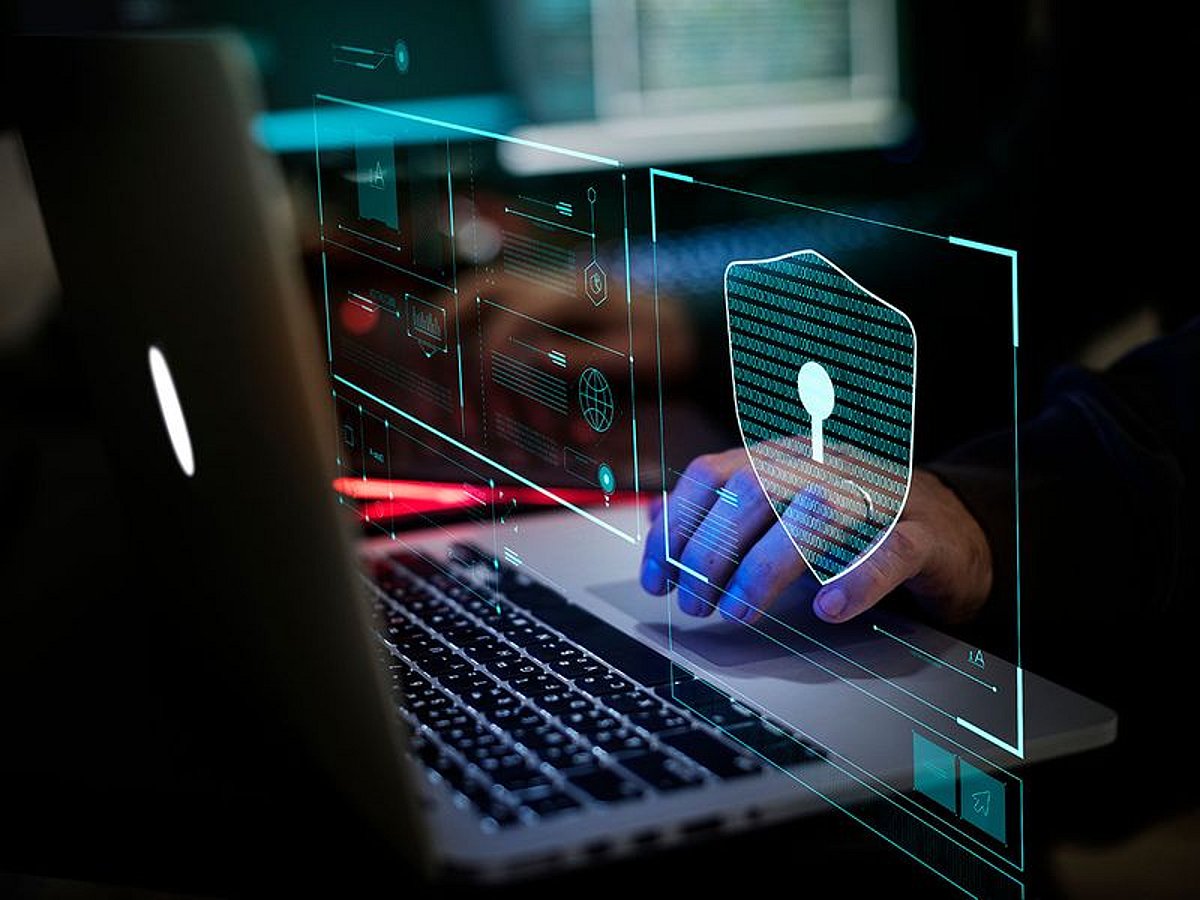Challenges of AI in Legal Work: Accuracy and Privacy Risks
As artificial intelligence continues to integrate into various professional fields, its limitations are becoming increasingly apparent. Legal professionals, in particular, are facing a surge of issues stemming from AI-generated documents that often contain significant errors. These mistakes raise important questions about the reliability of AI tools in critical work environments.
The Rise of AI in Legal Briefs
Judges worldwide are encountering a troubling trend: legal briefs produced with the assistance of AI are frequently riddled with inaccuracies, including references to non-existent cases. This phenomenon has been documented by attorneys and highlighted in court records, illustrating the potential pitfalls of relying on AI in legal contexts.
Damien Charlotin, a French data scientist and lawyer, has meticulously tracked nearly 490 instances of AI-generated “hallucinations” in court filings over the past six months. These hallucinations refer to instances where AI produces false or misleading information. As the use of AI becomes more widespread, the frequency of these errors is expected to increase.
Charlotin, a senior research fellow at HEC Paris, has developed a database to monitor cases where judges have ruled against the use of generative AI due to fabricated content. Most of these cases involve self-represented plaintiffs in the United States. While judges often issue warnings regarding these errors, some have imposed fines on the parties involved.
High-Profile Errors and Broader Implications
Even well-established companies are not immune to the challenges posed by AI. For instance, a federal judge in Colorado ruled against a lawyer representing MyPillow Inc. after discovering nearly 30 faulty citations in a legal brief related to a defamation case. Such incidents underscore the need for caution when utilizing AI tools in legal settings.
The issues with AI-generated content extend beyond the legal field. Many industries are grappling with the inaccuracies that can arise from AI-generated summaries and overviews, particularly in online search results. Additionally, the use of AI raises significant privacy concerns, as employees must be vigilant about the information they input into these systems to protect sensitive data.
Best Practices for Using AI in the Workplace
Legal and workplace experts emphasize the importance of approaching AI as a supplementary tool rather than a replacement for human judgment. Maria Flynn, CEO of Jobs for the Future, advises users to think of AI as an assistant that can enhance productivity but should not be relied upon for critical decision-making.
When using AI for tasks like drafting emails or generating meeting questions, it is essential to review the output for accuracy. Flynn shares her experience of using an in-house AI tool to generate discussion questions, noting that some suggestions were not contextually appropriate. By providing feedback, she was able to refine the AI’s output, demonstrating the importance of human oversight.
Justin Daniels, an attorney with Baker Donelson, echoes this sentiment, highlighting the need for thorough verification of AI-generated content. He warns that while AI may produce seemingly plausible information, it is crucial to double-check citations and summaries to avoid potential pitfalls.
Navigating Privacy Concerns
The use of AI tools to record meetings or take notes can be tempting, especially when they offer useful summaries. However, legal jurisdictions often require consent from participants before recording conversations. Danielle Kays, a partner at Fisher Phillips, advises caution in using AI for note-taking, particularly in sensitive situations such as performance reviews or legal strategy discussions.
Organizations should consult with legal and human resources departments before implementing AI notetakers in high-risk scenarios. Kays notes that the legal landscape surrounding AI consent is still evolving, making it essential for companies to stay informed about ongoing litigation.
Safeguarding Confidential Information
When utilizing free AI tools for drafting documents or marketing campaigns, it is vital to avoid sharing sensitive or proprietary information. Once data is entered into an AI system, it may be accessible to others using the same platform. Flynn emphasizes that AI tools do not differentiate between public and private information, which can lead to unintended disclosures.
For those whose employers do not provide AI training, exploring free tools like ChatGPT or Microsoft Copilot can be beneficial. Many universities and tech companies offer courses designed to enhance understanding of AI and its applications. Flynn suggests that learning how to craft effective AI prompts and engaging in hands-on practice can significantly improve proficiency.
The Importance of AI Literacy
Despite the challenges associated with AI, gaining familiarity with these tools is increasingly important in today’s workforce. Flynn warns that the most significant risk lies in failing to learn how to use AI effectively. As AI becomes more prevalent, developing fluency and comfort with these technologies will be crucial for professionals across various fields.
FAQs
What are the common mistakes found in AI-generated legal briefs?
AI-generated legal briefs often contain inaccuracies such as fictitious case citations, erroneous quotes, and misleading information, which can lead to serious legal repercussions.
How can professionals ensure the accuracy of AI-generated content?
It is essential for users to thoroughly review and verify AI-generated content, cross-checking facts and citations to ensure accuracy before using the information in professional contexts.
What precautions should be taken when using AI for sensitive tasks?
When using AI for sensitive tasks, such as note-taking in meetings, it is crucial to obtain consent from participants and avoid sharing confidential information to protect privacy and comply with legal requirements.
Conclusion
The integration of AI in the workplace, particularly in the legal field, presents both opportunities and challenges. While AI can enhance productivity, it is vital for professionals to remain vigilant about its limitations and potential errors. By prioritizing accuracy, privacy, and ongoing education, workers can navigate the complexities of AI effectively.
Also Read:
Court Confirms Alimony Increase for Father of Six







